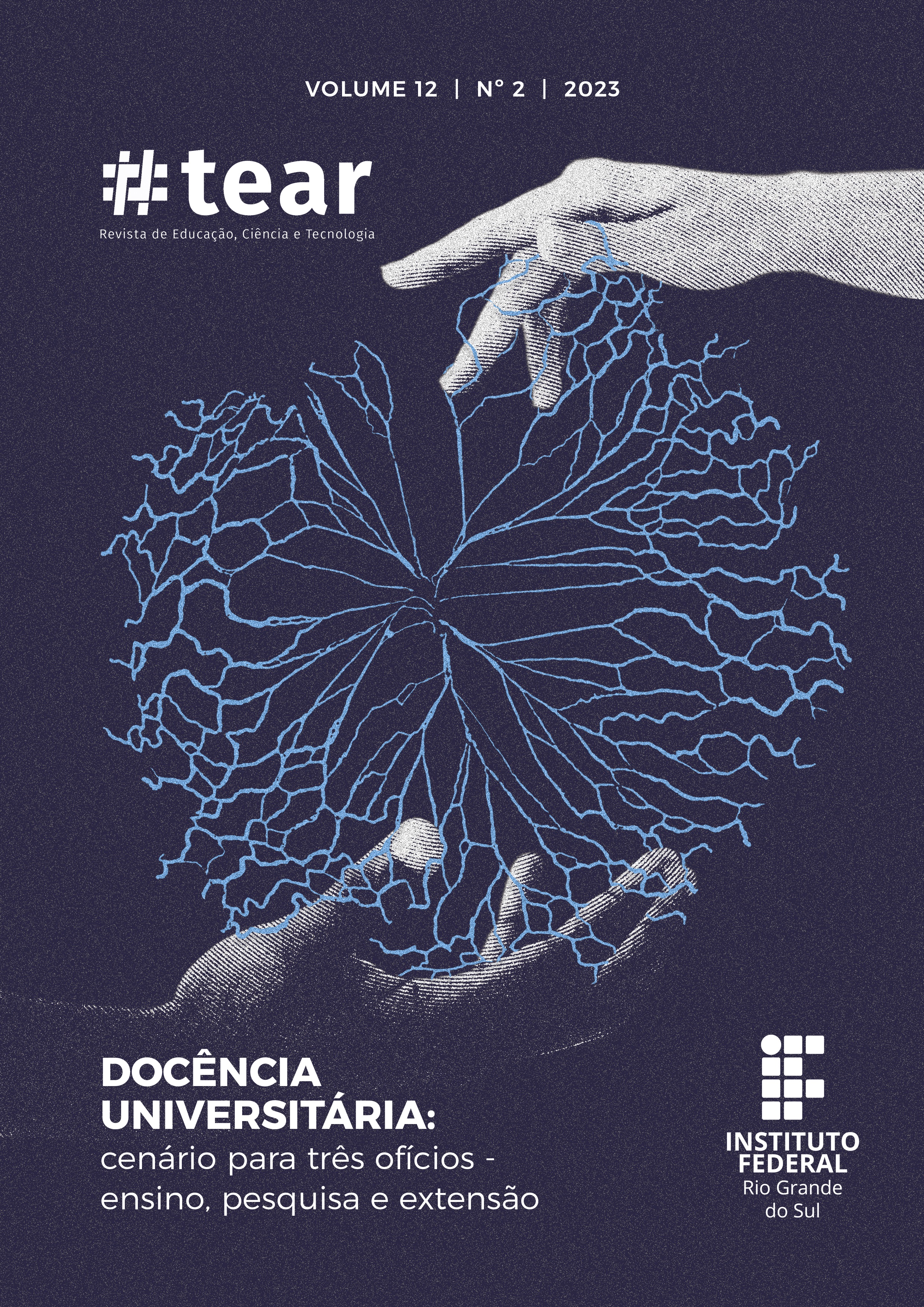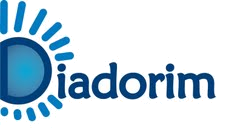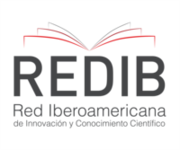RoadMap for Incorporating Artificial Intelligence into Teaching Experiences
DOI:
https://doi.org/10.35819/tear.v12.n2.a6861Abstract
Abstract: The rapid advancement of Artificial Intelligence (AI) is profoundly transforming various sectors of society, including education. Internationally, the teaching of AI is emerging as a necessity, underscored by UNESCO's Sustainable Development Goals (2020). In a broad sense, AI is becoming a cross-cutting theme across all areas of knowledge, being a daily presence in all of our lives. While the utilization of AI in the educational context sparks considerable interest, the lack of specific guidelines can impede its adoption by educators less familiar with the field. From a technological standpoint, numerous initiatives have given rise to platforms dedicated to AI learning. However, these platforms have not reinforced teaching, as deficiencies in educators' computational training are observed. In order to contribute to this perspective, the present proposal outlines a framework designed for professors who seek to introduce AI as a pedagogical resource in their teaching practices. This guide encompasses stages from problem selection to comparative evaluation between AI-based solutions and traditional approaches while considering ethical implications and the explainability of methods. Through this proposal, the aim is to empower educators to embrace AI as an enriching tool in the contemporary educational landscape. Up to this point, studies and assessments of the methodological framework have been developed within the scope of teaching in Basic Education. Preliminary results indicate the user-friendliness of these resources for classroom use and teacher training.
Keywords: Artificial Intelligence. Teacher Formation. University Faculty Development.AI Maturity Level.
Downloads
Downloads
Published
How to Cite
Issue
Section
License
Autores que publicam nesta revista concordam com os seguintes termos:
a. Autores mantêm os direitos autorais e concedem à revista o direito de primeira publicação, com o trabalho simultaneamente licenciado sob a Licença Creative Commons, que permite o compartilhamento do trabalho com reconhecimento da autoria e publicação inicial nesta revista a partir dos critérios abaixo:
CC BY-NC – Uso Não Comercial (NC): Os licenciados podem copiar, distribuir, exibir e executar a obra e realizar trabalhos derivados dela, desde que sejam para fins não comerciais .
b. Autores têm autorização para assumir contratos adicionais separadamente, para distribuição não exclusiva da versão do trabalho publicada nesta revista (ex.: publicar em repositório institucional ou como capítulo de livro), com reconhecimento de autoria e publicação inicial nesta revista.
c. Autores têm permissão e são estimulados a publicar e distribuir seu trabalho online (ex.: em repositórios institucionais ou na sua página pessoal) a qualquer ponto antes ou durante o processo editorial, já que isso pode gerar alterações produtivas, bem como aumentar o impacto e a citação do trabalho publicado.













